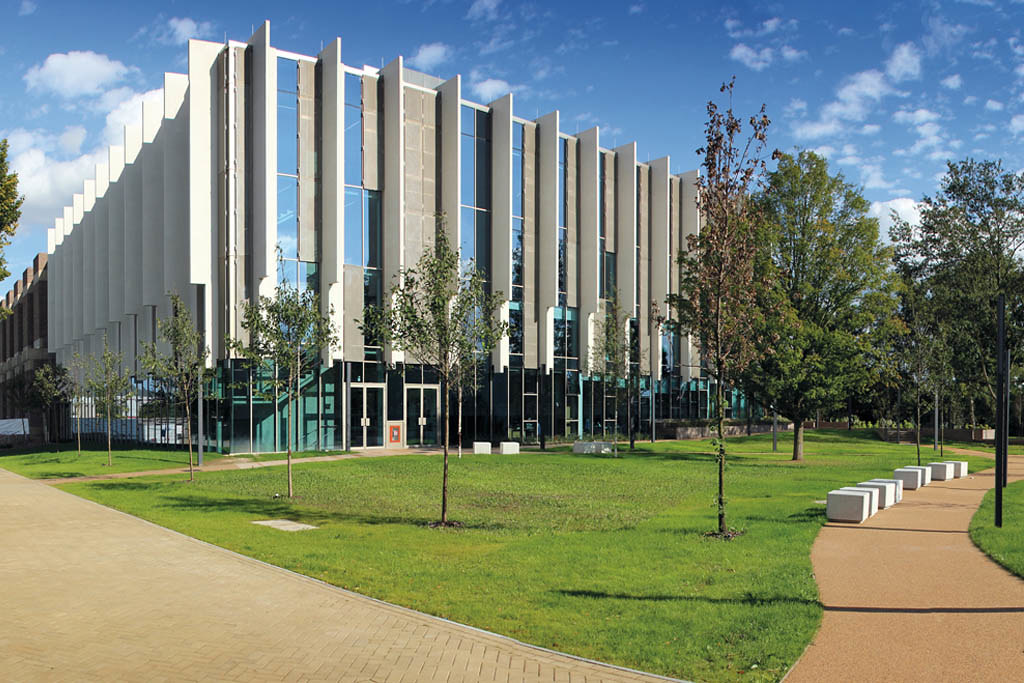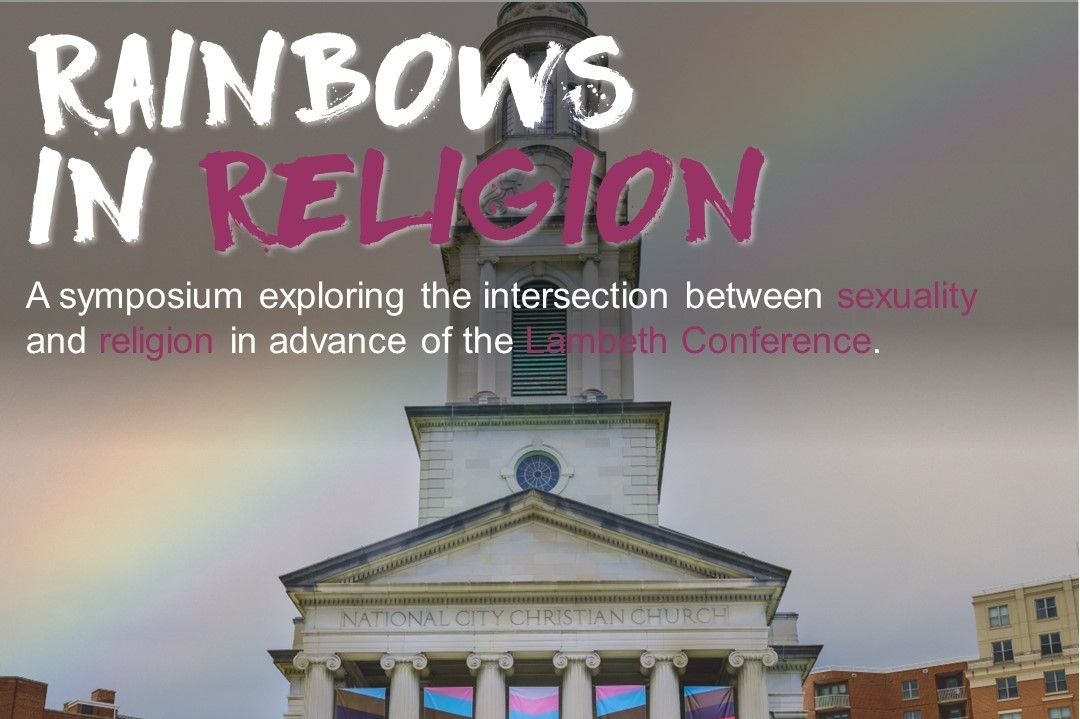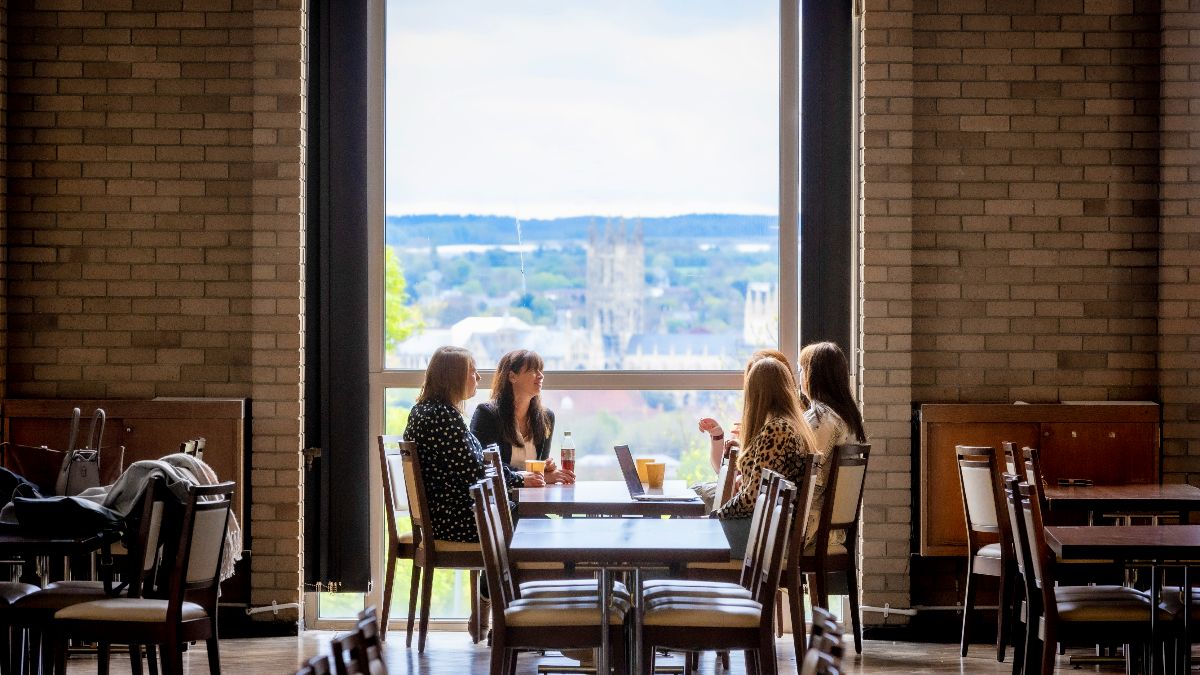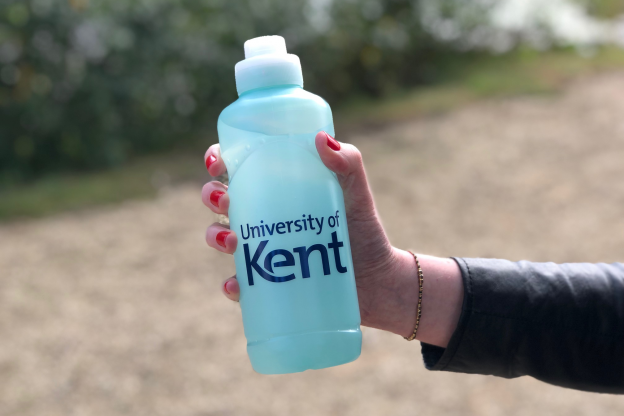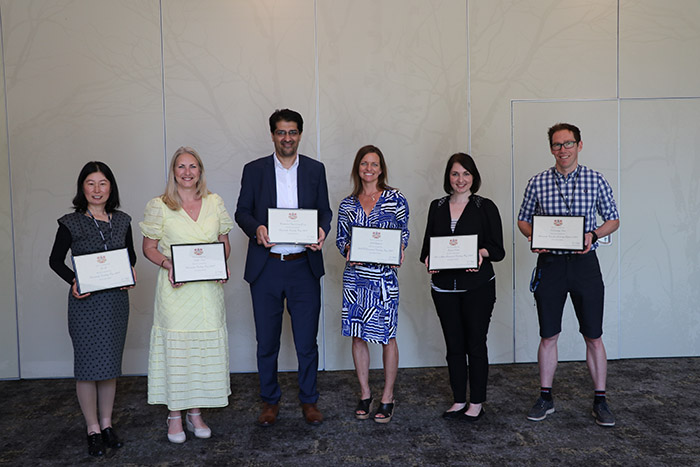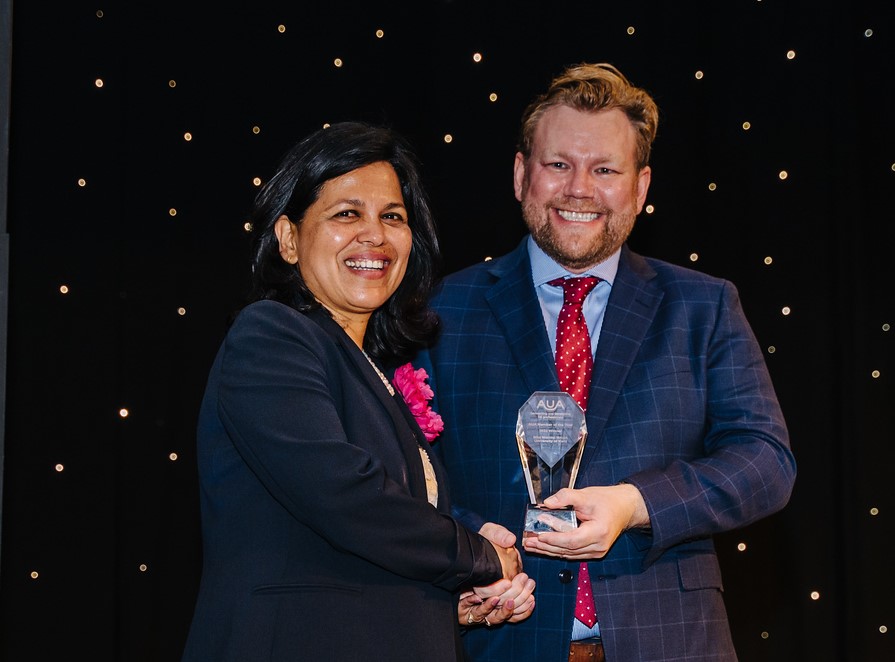The Lambeth Conference is taking place at the University of Kent, Canterbury Cathedral and Lambeth Palace from 26 July – 8 August, with early arrivals having started yesterday.
Given both the scale and international profile of the Conference, campus will be busy with delegates, support staff, media and members of the public following the different events. We are also likely to see protest from different groups who wish to voice their concern at different aspects of the Church’s work, and we have worked closely with the Conference organisers to ensure this is peaceful and well managed. If you have concerns at the way any protest is being conducted on campus, please contact Campus Security.
Catering and Room Bookings
The increased numbers of visitors mean that alongside usual summer closures, a number of our catering outlets will be closed to the public and staff temporarily – Kent Union-run outlets such as Woody’s and the Library Cafe remain open, along with Co-Op and Caffe Nero. Room bookings will also be much busier due the number of fringe events we are hosting.
This will be a different environment to what we are all used to over the summer, so do consider working from home where you can and discuss any concerns with your line manager – there is also a wide range of support services available to staff if you need it, including your local HR team and our Employee Assistance Programme.
Main Conference Venues
The main meeting venue for the Bishops is the Kent Tennis and Events Arena, with Spouses meeting in the Sports Centre. The Chaplaincy will be based in the Kennedy Building, with numerous seminar rooms and lecture theatres used across campus for fringe events throughout the Conference.
Summer Parking Changes
With a very busy summer of conferences and events taking place at the Canterbury campus, there have been some temporary changes to our car parks. Please see notices within car parks and the email sent to permit holders for further details of the date and time of closures.
Please note that from Monday 18 July the Pavilion car park will be closed until 12 August and From Monday 25 July to Monday 8 August, all University of Kent permit holders will only be permitted to park within Pink Zone car parks, except Chipperfield and Sibson car parks.
Thank you in advance for helping us make this summer’s conference season a success.
